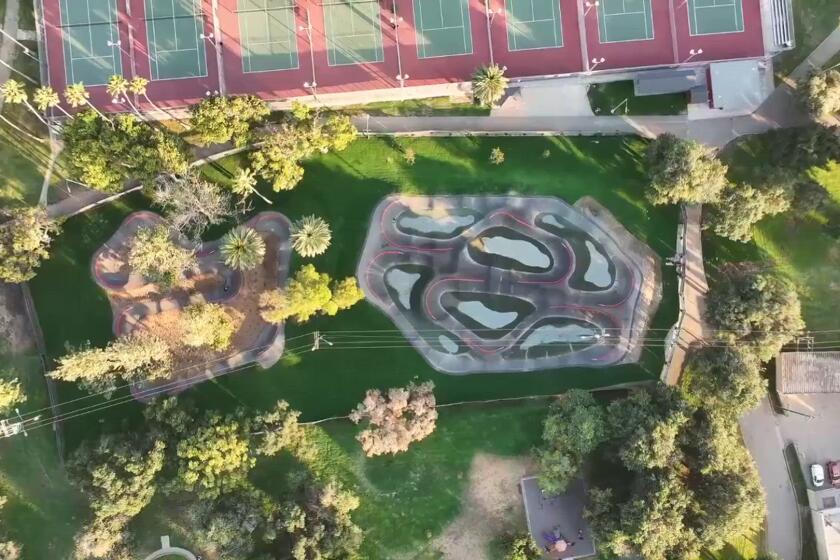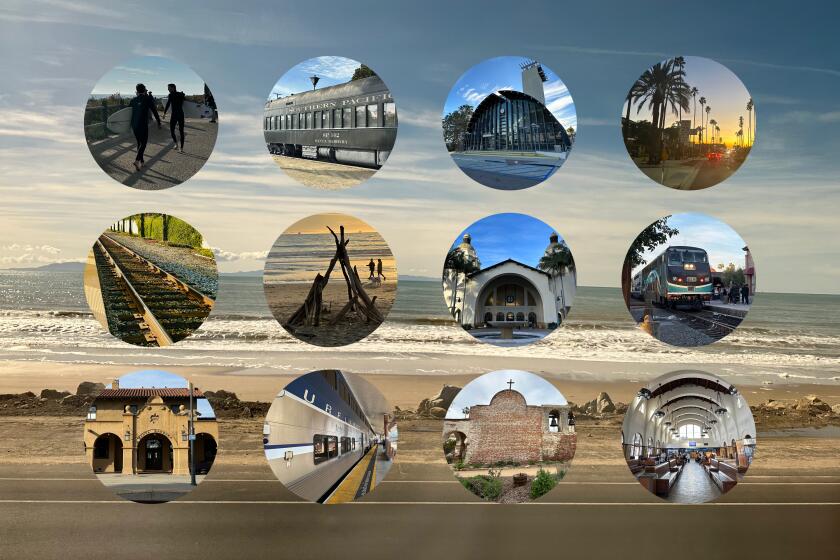Life on two wheels, an unwieldy load
In the code of the taxi motorcyclists of northern Nigeria, only weaklings and losers refuse a heavy load. But it takes a real man to handle the unbearable lightness of eggs.
Baba Isa can carry a tower of egg cartons, 100 eggs per layer, stacked right up to his chin. Behind, his passenger carries two similar fragile towers, one on each leg.
It’s a feat worthy of Nureyev, weaving lightly through the potholes, delicately nudging through a tangle of honking cars, not to mention the other motorcyclists with equally unwieldy loads.
He’s also carried goats, large panes of glass, bundles of 6-yard steel poles and steel doors on his dinky Chinese motorcycle.
The word “reckless” is not in his vocabulary. He prefers “adventurous.”
“When you do it, you have this feeling of pride, that you’re stronger, you’re more adventurous,” he says. “Of course those who do these adventurous things tease those who can’t. We call them sissies.”
For sheer size, the loads the motorcycle taxis carry are staggering, almost comical, reminiscent of a team of circus clowns stacking boxes higher and higher until they tumble.
The usual load on Isa’s beloved Lifan motorcycle taxi is three enormous sacks of potatoes or onions. That’s about 660 pounds -- nearly a third of a ton -- two bags piled on the seat behind and one tied on the front wheel.
No matter how heavy a client’s load, Isa never refuses. Once he accepted a sack of secondhand truck parts from neighboring Chad. Then he tried to lift it.
“I thought I could, but when I tried to pick it up, I couldn’t lift it, not one inch,” he says. “It was just unbelievably heavy.”
He say it’s the only time he’s failed.
A burly fellow with wraparound sunglasses and a gap between his front teeth, Isa has an endearing habit of saying “Okeeee,” after each question and then pausing thoughtfully before answering.
Of course, 660 pounds makes the bike a little difficult to maneuver. Even loading up is delicate. Isa stands still, bracing the bike with his tree-trunk legs, giving instructions while others tie on the load.
“The motorcycle’s critical point is at takeoff,” he says. “Once you’re moving, there’s no problem.”
Until you have to stop.
“Once in a while I get knocked off,” he says, showing scars on his arm. “Once I was carrying this load and there was this crazy motorcyclist who just dashed out in front of me. I just had to crash into him. I was really furious. I grabbed him by the collar and I was shaking him, throwing insults: ‘Are you insane? Or blind?’ There was so much argument between me and the other guy that people had to break it up.”
The stress on the motorbike is so great that many riders remove the Chinese shock absorbers and install secondhand U.S. components.
He feels proud that people trust him with valuable cargoes, but is miffed when he’s not paid on time.
The job has its frustrations and fears, like the customers you deliver to their stated destinations and who then keep saying: “Just a bit farther, a bit farther. . . .” Then you have to haggle the price all over. Or the motorcycle hijackers who ask to be taken into a deserted area, then stab you for your bike. There are the hours spent queuing for fuel instead of carrying passengers.
He makes $106 a month. It would be higher, but he spends $60 a month on maintenance and parts. It’s a living -- enough to make him the envy of young men who can’t afford the $500 or $600 for a motorbike.
The motorcyclists shriek along like wasps, swooping in front of cars, tooting constantly and puffing out clouds of blue smoke that sit over the cities of the north -- Kano, Kaduna, Maiduguri -- like a pea soup fog.
It becomes a game to spot the most extraordinary load: a pillion passenger with half a dozen 6-yard steel pipes on his head, wobbling through traffic; a man with his arms stretched out like a crucifixion, balancing a large pane of glass; a farmer carrying several 9-foot logs on the back.
Bashir Sharada putters from his farm to Kano market on his battered Jincheng several times a day, with four bags of green vegetables wedged around him like clingy children. Sometimes he carries 440-pound loads.
“But each time I do that, I really struggle to keep my balance and get it to the market,” he says. “I fall over many times. It’s very precarious the way I carry things, and any small bump will make me fall down.”
When he takes out his family of five, his wife and three children (ages 2 to 5) all squeeze on behind him.
Sharada’s motorcycle is more than the sum of its scratched metallic parts. He calls it “Babban Aboki” -- the Big Companion, in the Hausa language.
“It’s more than a motorcycle to me,” he says. “Without it, I couldn’t get my vegetables to and from market. It helps me earn my living.”
Few of the riders wear helmets (except when the law making it compulsory is rigorously enforced). Those who do usually wear $6 plastic Chinese helmets (sometimes worn like a back-to-front baseball cap).
It’s a dangerous job. Isa has lost many friends, including one who went under a truck and another who was stabbed from behind by a passenger who turned out to be a hijacker.
Because of the dangers, one of Isa’s friends, Abubakar Isa, 35, would rather be called a sissy than risk his life. He takes it easy and keeps his loads light.
“They call me lazy, to tease me,” he says. “I just laugh it off because I know I am just being cautious.”
Ducking trucks with dodgy brakes and aggressive drivers on a sweltering day might not sound like a lot of fun, but Abubakar Isa makes it sound like freedom.
“The best thing about my job is when I carry my passenger and we ride to his destination having some chitchat on the way, having a good time, joking and laughing. I drop him, he pays me and I turn back the way I came. That’s what I love about my job.”
Baba Isa agrees -- it’s all about rapport with the people who hire him.
“What I like most is the trust I have from my clients. These loads I carry are worth a fortune, and someone trusts me enough to just put them on my bike and ask me to take them to the place they want. . . . This is the thing I like best. The trust.”
But what he’s most proud of is delivering those fragile towers of eggs.
“Of course I get them there safe,” he says. “No problem.”
Sign up for The Wild
We’ll help you find the best places to hike, bike and run, as well as the perfect silent spots for meditation and yoga.
You may occasionally receive promotional content from the Los Angeles Times.



